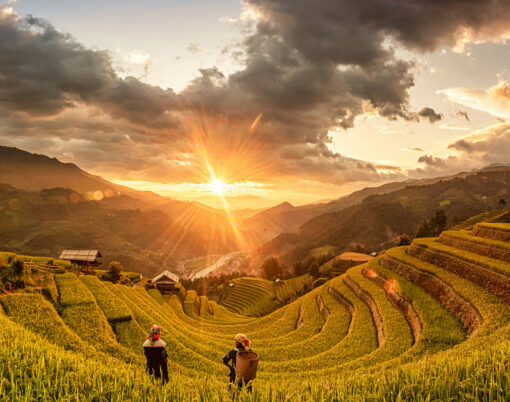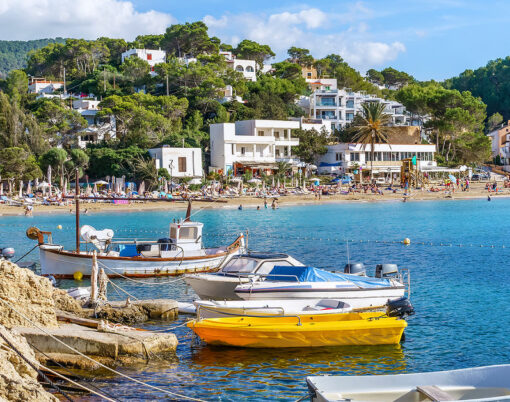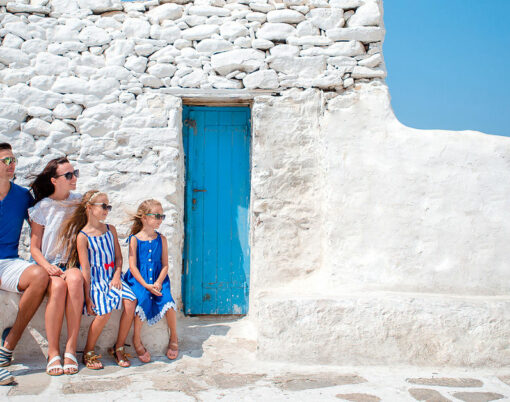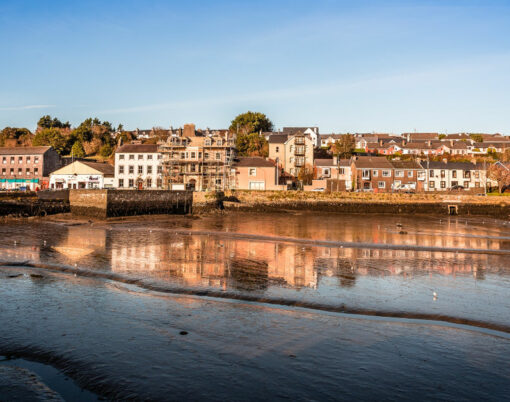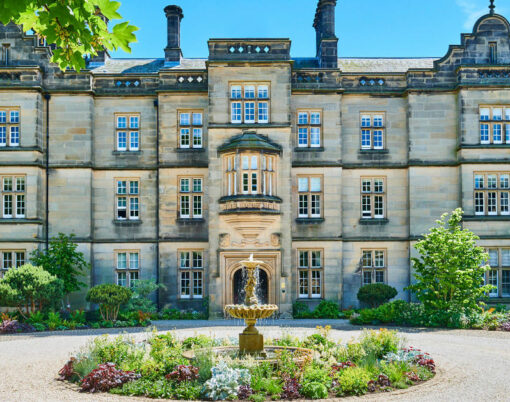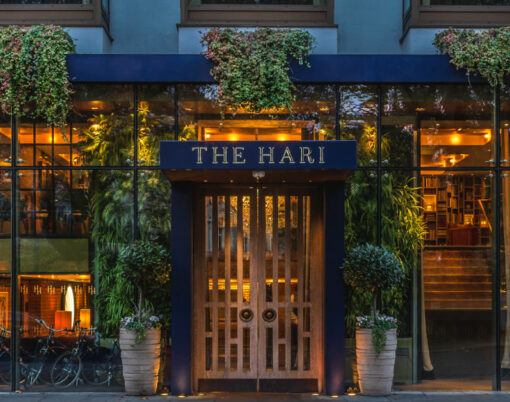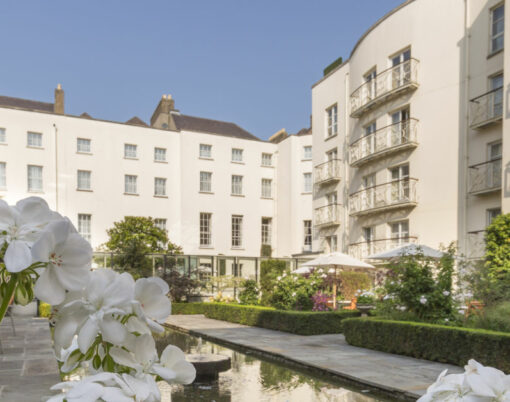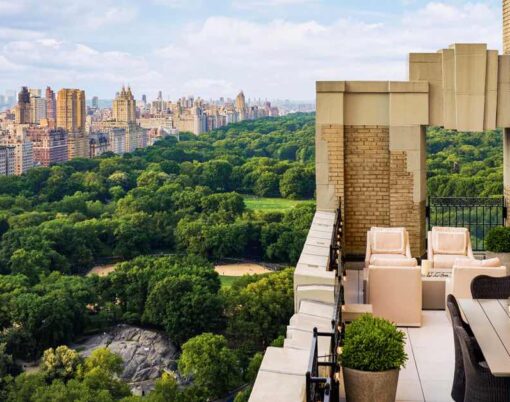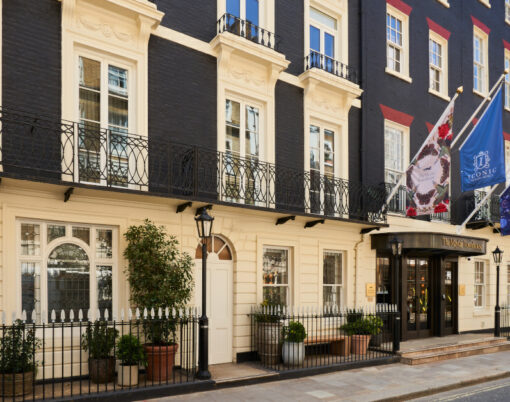When one considers the gambling and entertainment hubs of Asia, the mind generally wanders to iconic casino destinations like Marina Bay Sands on the wealthy island of Singapore, or even the autonomous region of Macau, south of China; with good reason, too, as those areas have established themselves as genuine competitors to the Western gambling mecca of Las Vegas.
Until recently, you would not have been likely to consider India as a competitor in this regard. After all, according to the 2011 census, just shy of 80% of the country practices Hinduism – which does not permit gambling.
Enter the state of Goa, stage left. The country’s smallest state by area, the south-western coastal region is located in a sweet-spot of biodiversity, culture and history – which has led to its position as the wealthiest state in the country per capita, two-and-a-half times richer than the rest of India – providing the state the highest quality of life in the country.
“Goa really benefits from a real cultural heritage, tracing back to the Portuguese settlers in the early 17th century,” said a spokesperson for SlotMine.com, home to the hugely popular online Indian dreaming slot machine. “Just over one in ten visitors to India is heading to Goa, which offers culture, the country’s finest beaches, and now a growing casino and entertainment industry, too.”
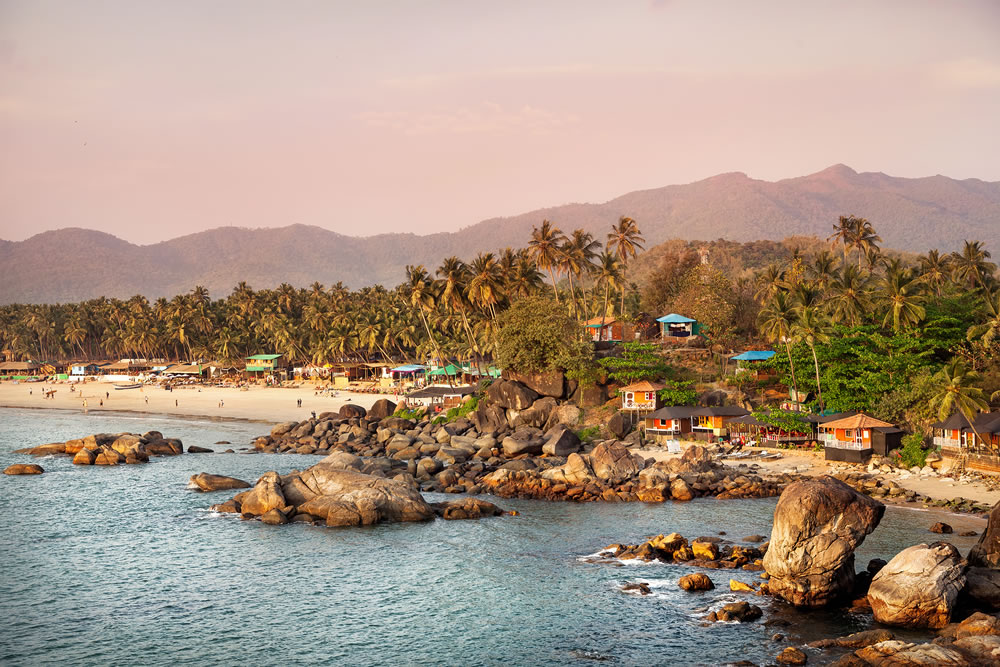
Goa remained a part of the Portuguese Empire until India reclaimed the land in the early 1960s. The Mediterranean influence has left a long-lasting impact on the region, which boasts World Heritage listed architecture in its many townships, including the most populous city, Vasco de Gama.
Since its annexation by the Republic of India in 1961, tourism has firmly become the number one industry in Goa – dwarfing the previous economic staple, mining. With the global demand for fossil fuels waning, albeit tenuously in Asia, due to climate change, the state made the decision to legalise gambling – becoming one of only three in the country to do so.
The impact on the area has been staggering. When the region legalised casino gambling in 1976, it had a gross domestic product (GDP) of just shy of four billion Rupees (Rs). At the turn of the millennium, it had become 77bn Rs, and ten years later that figure had doubled to 150bn Rs. (That’s 1.6bn in Great British Sterling, if you were wondering. Not too shabby).
Culture and economic strength aside, the state also has a number of additional legislative perks that have contributed to its success as a casino destination. There are 16 separate Special Economic Zones in the state, which provide a number of exemptions from general state laws for business and citizens. The result of this is that, not only have ten casinos sprung up in the region, but there are exceptionally low prices on a number of products, including beers, wines and spirits.

A quirk of the 1976 gambling legislation requires that all casinos in the region must either be accompanied by five-star hotel resorts, or be built on offshore vessels – the majority of which are anchored in the Mandovi River. As such, a number of permanent resorts have sprung up along the Konkan coast, while five floating gambling houses now exist.
The most recent of these innovations, the Big Daddy Casino, invited LLM on board in September, and it’s fair to say we were impressed with what we saw aboard the Panamanian vessel. The Big Daddy Casino opened in the region’s capital, Panjim, in May of 2019, claiming to be the “biggest and most modern offshore gaming destination in Asia”, setting up shop alongside a number of vessels who paved the way for gambling success in the region, including the Deltin Royale and Casino Pride (which is accompanied by the rather tautologically named sister vessel, Casino Pride 2).
Onshore, casinos are prohibited from stocking anything other than electronic machines, due to regulation laws. You can still find a number of enjoyable casino experiences, although these tend to cater to a more habitual gambler than the tourist experience provided aboard a the Mandovi River vessels.
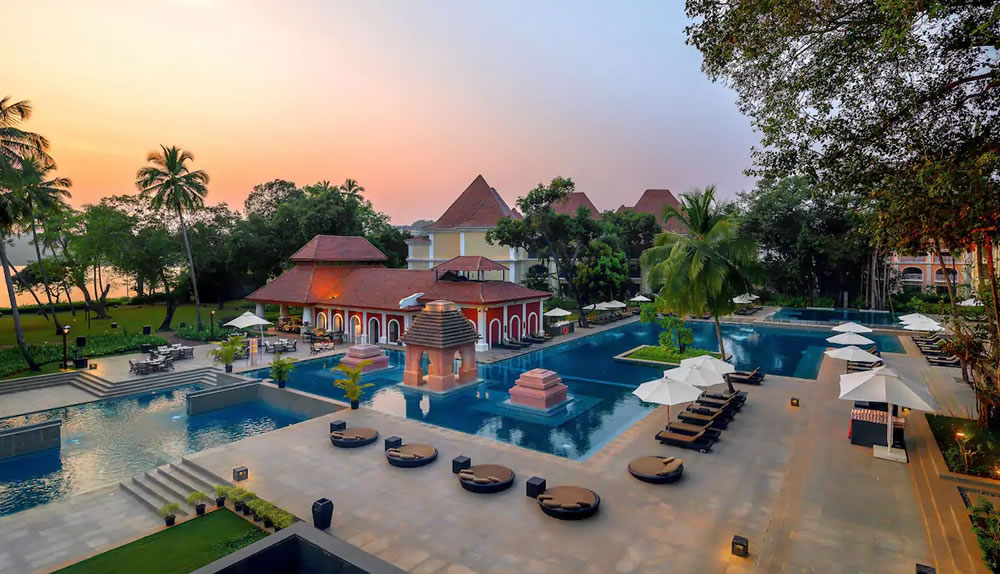
The pick of the bunch though is probably the Casino Strike, at the Grand Hyatt in Bambolim. Not only does the casino resort offer some of the most luxurious hospitality found in India, but it also does its best to provide an authentic Western casino experience. Despite the electronic rules being immovable, dealers are on hand to augment the digital gaming with a real-world experience, shuffling cards and acting as croupiers to enhance the experience.
It looks as though it may be a shrewd move, strengthening the experience at the on-shore casinos. Recent reports from the Times of India suggest that political tensions regarding the offshore vessels could lead to changes in legislation – which may see the vessels moved to neighbouring areas.
Image at the very top of the article credit: Big Daddy Casino
Please gamble responsibly (18+ UK) – check age restrictions before participating














